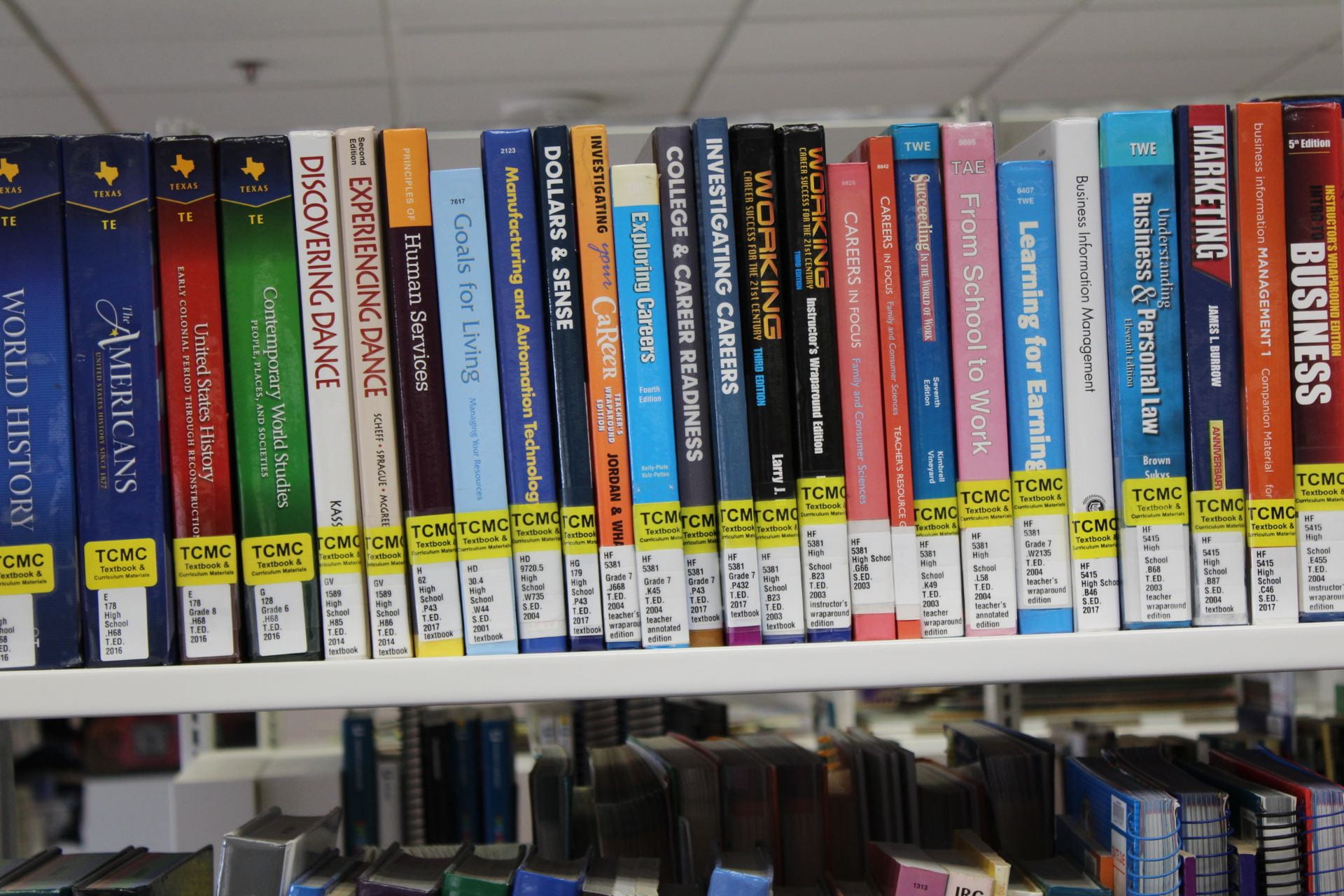Open Educational Resources (OER) are becoming a hot topic in higher education both as a resource to support textbook affordability practices and as a flexible pedagogical tool to customize and tailor course syllabi. An OER is anything published with an open license that allows it to be shared freely, edited, and reused. While open textbooks get the most attention, content in any format can be an OER: videos, podcasts, infographics, lesson plans, even entire courses. Because of open licensing, instructors who use OER materials can edit, add to, or combine resources to fine-tune their course syllabi instead of using a published resource as-is.
OER initiatives are gaining traction across campus, but it can be overwhelming for interested instructors to begin an OER project on their own. The University Libraries Scholarly Communications Team has designed an OER Community of Learning to provide a framework of knowledge and resources to campus stakeholders. Working as a cohort over the course of a semester, participants will explore the what, why, and how of getting started with OER.
The Community of Learning, which launches on February 1, contains self-paced Canvas modules supplemented by live online webinars and discussion groups. The modules were created by librarians and peer reviewed by library staff and university faculty, staff, and administrators. The course will give participants the knowledge and support they need to pursue their own OER projects.
What is the Community of Learning?
The core of the OER Community of Learning is a self-paced Canvas course consisting of five peer-reviewed modules. These five modules teach fundamental concepts about OER, including:
- Introduction to OER
- Finding existing OER
- Using and creating OER
- Open Licensing
- Resources at Texas State to support OER use
In addition to the self-paced learning modules, participants will form a cohort to discuss and reinforce the concepts introduced in the course and explore ways to put this knowledge into practice on campus. Participants will attend discussion group sessions and workshops throughout the semester and interact with each other on the Canvas platform.
By the end of the course, participants should be able to describe the purpose and value of OER to their colleagues, find and evaluate existing OER content, identify different open licenses, and plan their next steps in incorporating OER into their course.
Who can participate?
Campus stakeholders at every level would benefit from completing the course, but for the Spring 2021 cohort, participation will be limited to Texas State-affiliated faculty and staff.
What is required of the Community of Learning cohort participants?
Participants must complete the five Canvas modules and their accompanying quizzes. The time commitment for the self-paced modules is an estimated 2.5 hours.
In addition to the modules, participants must attend supplementary workshops and discussions that reinforce or add to the module content. Live attendance is encouraged, but participants who cannot attend the live sessions will be able to participate via recordings. These sessions total about 5 hours.
In all, participants will spend about 7.5 hours completing course requirements during the semester.
How long do participants have to complete the course?
The course will open on Monday, February 1 and close on Friday, May 7. As the course is self-paced, participants may complete the requirements at any time as their schedule allows during those 14 weeks.
What if I can’t commit to completing the entire course?
Even if you are unable to take part in the pilot cohort this semester, you are welcome to attend any of the live workshop sessions, which will be open to the entire campus. Furthermore, the OER Community of Learning will begin again each long semester with a new cohort, so we hope your schedule will allow you to participate in the course in the future. Please submit your contact information to indicate your interest in participating in the OER Community of Learning in the future.
How do I sign up?
Register for the course beginning Tuesday, January 19. Registration is capped at 15 seats with a wait list if necessary.
Whom can I contact with additional questions?
Please email Jessica McClean with any further questions.
This article contributed by Jessica McClean, Research, Instruction & Outreach Librarian.
